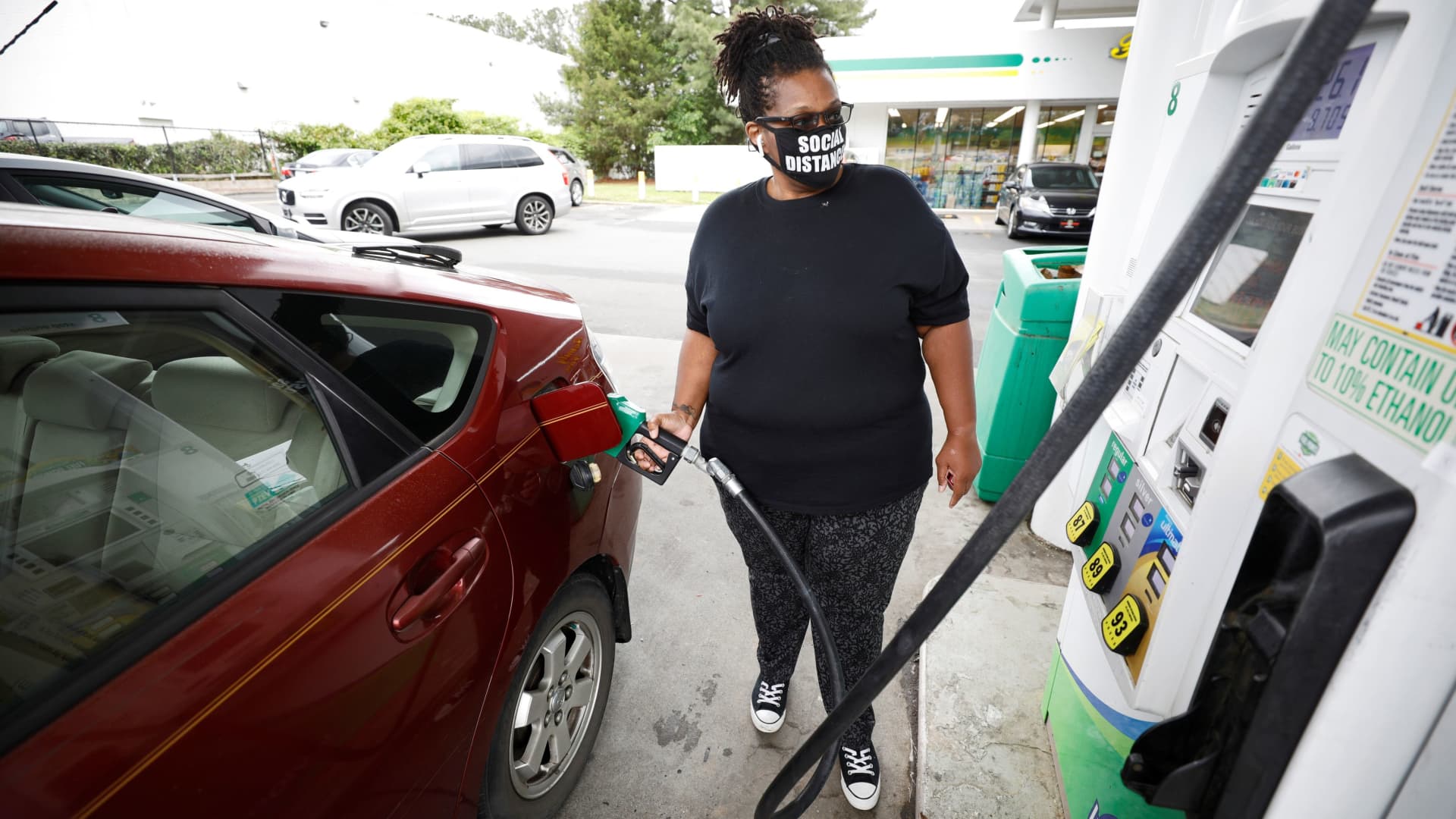Energy
Monday, May 27th, 2024 3:39 pm EDT
Key Points
- Limited Impact of Gasoline Sale: The Biden administration’s sale of 1 million barrels of gasoline from the Northeast Gasoline Supply Reserve is not expected to significantly affect national pump prices. Analysts suggest the sale could provide minor relief in the Northeast, but the reserve’s limited capacity makes a substantial national impact unlikely.
- Current Gas Price Trends: Despite earlier concerns over potential price hikes due to geopolitical tensions, gas prices have been trending lower due to softened demand and a decrease in U.S. oil prices. As of Memorial Day weekend, national average prices are slightly lower compared to the previous month but still higher than the previous year.
- Future Price Uncertainty Due to Hurricanes: The outlook for gas prices remains uncertain due to an anticipated active hurricane season. Forecasts predict an above-average number of hurricanes, which could disrupt Gulf Coast refineries and lead to significant temporary price spikes. Travelers are advised to monitor hurricane developments closely, as these events could have a profound impact on late-summer gas prices.
The Biden administration’s plan to sell 1 million barrels of gasoline from the Northeast Gasoline Supply Reserve is unlikely to significantly impact pump prices as the summer driving season begins, according to market analysts. The Department of Energy announced that the sale is intended to maximize its effect on prices before the Fourth of July holiday. However, the gasoline from the reserve represents only 2.65 hours of total U.S. consumption and just a few days’ worth in the storage areas, suggesting limited impact. Patrick De Haan from GasBuddy estimated the relief to be a modest 5 to 10 cents per gallon in the Northeast, while AAA spokesman Andrew Gross concurred that the sale might prevent regional price spikes but would not substantially affect the national average.
Despite concerns about potential gasoline price increases due to geopolitical tensions, recent trends show prices declining. Oil prices surged last month due to tensions between Israel and Iran, but they have since fallen, leading to lower gas prices. As of Memorial Day weekend, the national average for gas is approximately $3.61 per gallon, slightly lower than the previous month but still higher than last year’s average. When adjusted for inflation, current prices are about 2% lower than last year.
The gasoline sale also fulfills a Congressional mandate to close the Northeast Reserve, which was established post-Superstorm Sandy to mitigate refinery disruptions but has been costly to maintain. De Haan criticized the reserve’s financial inefficiency, noting it cost $200 million to maintain while its gasoline is valued at $103 million. Former President Trump had attempted to shut it down in 2020, and Congress has now approved its closure.
Gasoline demand is reportedly lower this year, with a soft start to the summer driving season. De Haan noted an 8% decrease in gasoline demand compared to last year, and even California has seen prices drop by 27 cents over four weeks. AAA predicts a record 38 million drivers for Memorial Day weekend, a 4% increase from last year, which could cause a slight rise in prices. However, De Haan expects prices to generally decrease through the Fourth of July as refiners boost production, forecasting a national average range of $3.39 to $3.72 per gallon in July, with prices likely in the mid-$3 range.
Looking ahead to Labor Day, the gasoline price outlook is more uncertain due to the anticipated active hurricane season in the Atlantic. Colorado State University predicts an unprecedented 11 hurricanes this season due to warm sea surface temperatures and potential La Niña conditions, with a 42% chance of a hurricane hitting the Gulf Coast, a critical hub for U.S. oil infrastructure. A major hurricane could cause a significant, albeit temporary, spike in gasoline prices by as much as 50 cents per gallon. Travelers planning late-summer trips are advised to monitor hurricane developments closely, as refinery disruptions could lead to notable price increases.
For the full original article on CNBC, please click here: https://www.cnbc.com/2024/05/24/biden-gasoline-sale-wont-impact-pump-prices.html




